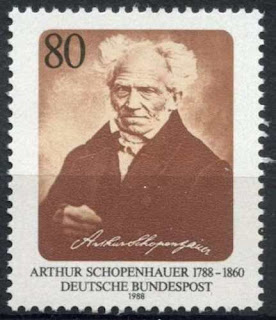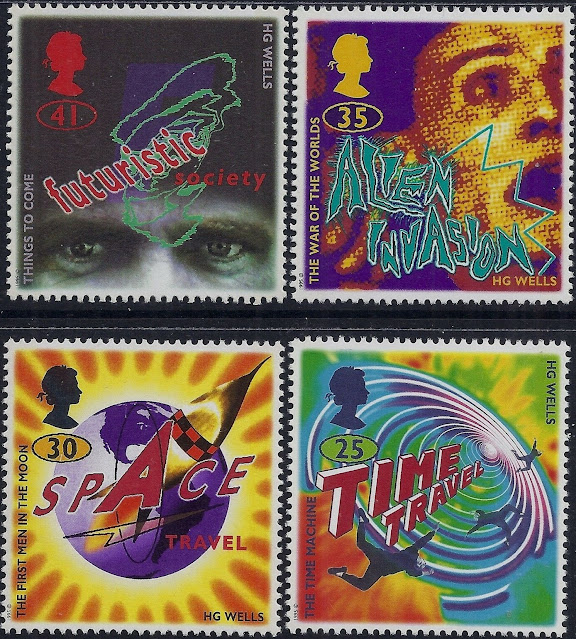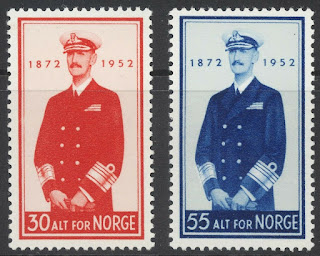Here are some events that happened on September 21st. It could be an event or a person that died or was born on that day
1860 Died: Arthur Schopenhauer, German philosopher and author (b. 1788)
Arthur Schopenhauer (22 February 1788 – 21 September 1860) was a German philosopher. He is best known for his 1818 work The World as Will and Representation (expanded in 1844), wherein he characterizes the phenomenal world as the product of a blind and insatiable metaphysical will. Building on the transcendental idealism of Immanuel Kant, Schopenhauer developed an atheistic metaphysical and ethical system that rejected the contemporaneous ideas of German idealism. He was among the first thinkers in Western philosophy to share and affirm significant tenets of Indian philosophy, such as asceticism, denial of the self, and the notion of the world-as-appearance. His work has been described as an exemplary manifestation of philosophical pessimism.
Though his work failed to garner substantial attention during his lifetime, Schopenhauer has had a posthumous impact across various disciplines, including philosophy, literature, and science. His writing on aesthetics, morality, and psychology have influenced many thinkers and artists. Those who have cited his influence include philosophers Friedrich Nietzsche, Ludwig Wittgenstein, and Anthony Ludovici, scientists Erwin Schrödinger and Albert Einstein, psychoanalysts Sigmund Freud and Carl Jung, and writers such as Leo Tolstoy, Thomas Mann, George Bernard Shaw, Machado de Assis, Jorge Luis Borges, and Samuel Beckett.
Stamps from Danzig and Germany depicting Arthur Schopenhauer
1866 Born: H. G. Wells, English novelist, historian, and critic (d. 1946)
Herbert George Wells (21 September 1866 – 13 August 1946) was an English writer. Prolific in many genres, he wrote dozens of novels, short stories, and works of social commentary, history, satire, biography and autobiography. His work also included two books on recreational war games. Wells is now best remembered for his science fiction novels and is often called the "father of science fiction", along with Jules Verne and the publisher Hugo Gernsback.
During his own lifetime, however, he was most prominent as a forward-looking, even prophetic social critic who devoted his literary talents to the development of a progressive vision on a global scale. A futurist, he wrote a number of utopian works and foresaw the advent of aircraft, tanks, space travel, nuclear weapons, satellite television and something resembling the World Wide Web. His science fiction imagined time travel, alien invasion, invisibility, and biological engineering. Brian Aldiss referred to Wells as the "Shakespeare of science fiction". Wells rendered his works convincing by instilling commonplace detail alongside a single extraordinary assumption – dubbed “Wells's law” – leading Joseph Conrad to hail him in 1898 as "O Realist of the Fantastic!". His most notable science fiction works include The Time Machine (1895), The Island of Doctor Moreau (1896), The Invisible Man (1897), The War of the Worlds (1898) and the military science fiction The War in the Air (1907). Wells was nominated for the Nobel Prize in Literature four times.
Wells's earliest specialized training was in biology, and his thinking on ethical matters took place in a specifically and fundamentally Darwinian context. He was also from an early date an outspoken socialist, often (but not always, as at the beginning of the First World War) sympathizing with pacifist views. His later works became increasingly political and didactic, and he wrote little science fiction, while he sometimes indicated on official documents that his profession was that of journalist. Novels such as Kipps and The History of Mr Polly, which describe lower-middle-class life, led to the suggestion that he was a worthy successor to Charles Dickens, but Wells described a range of social strata and even attempted, in Tono-Bungay (1909), a diagnosis of English society as a whole. Wells was a diabetic and co-founded the charity The Diabetic Association (known today as Diabetes UK) in 1934.
Set of stamps issued by Great Britain depicting H. G. Wells works
1957 Died: Haakon VII of Norway (b. 1872)
Haakon VII (born Prince Carl of Denmark; 3 August 1872 – 21 September 1957) was the King of Norway from 1905 until his death in 1957.
Originally a Danish prince, he was born in Copenhagen as the son of the future Frederick VIII of Denmark and Louise of Sweden. Prince Carl was educated at the Royal Danish Naval Academy and served in the Royal Danish Navy. After the 1905 dissolution of the union between Sweden and Norway, Prince Carl was offered the Norwegian crown. Following a November plebiscite, he accepted the offer and was formally elected King of Norway by the Storting. He took the Old Norse name Haakon and ascended to the throne as Haakon VII, becoming the first independent Norwegian monarch since 1387.
Norway was invaded by Nazi Germany in April 1940. Haakon rejected German demands to legitimise the Quisling regime's puppet government and refused to abdicate after going into exile in Great Britain. As such, he played a pivotal role in uniting the Norwegian nation in its resistance to the invasion and the subsequent five-year-long occupation during the Second World War. He returned to Norway in June 1945 after the defeat of Germany.
He became King of Norway when his grandfather, Christian IX was still reigning in Denmark; and before his father and older brother became kings of Denmark. During his reign he saw his father, his elder brother Christian X, and his nephew Frederick IX ascend the throne of Denmark, in 1906, 1912, and 1947 respectively. Haakon died at the age of 85 in September 1957, after having reigned for nearly 52 years. He was succeeded by his only son, who ascended to the throne as Olav V.
Stamps from Norway depicting King Haakon VII







No comments:
Post a Comment